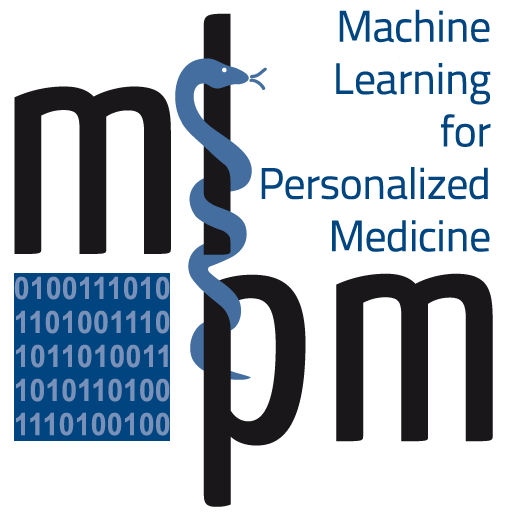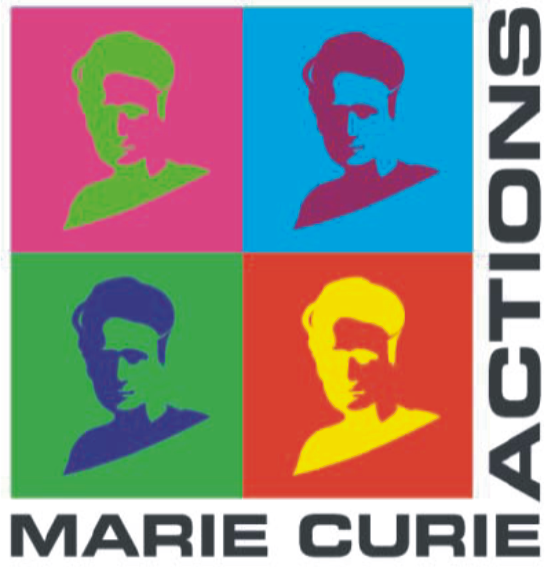Mouse models of motor neuron disease (MND); scientific and ethical aspects
by Richard Mead
We use transgenic mouse models of motor neuron disease (MND, also known as amyotrophic lateral sclerosis, ALS) to test potential therapies for their ability to limit motor neuron degeneration. The use of intact mammalian systems for such experiments is a critical step on the path to clinical testing in patients with the disease. We have developed our testing methodology to allow us to detect therapeutic effects with fewer animals and at earlier stages than is typically the case. This is desirable for a number of reasons, not least of which is the ethical requirement, embodied in the Animals (Scientific Procedures) Act , 1986, to use the minimum number of animals likely to produce satisfactory results.
In this talk I will describe our development of novel, quantitative readouts of motor function and present data on the reproducibility and variability typically observed in our model and how these data have influenced our experimental design. I will also discuss the ethical and legal framework for these types of study and how we approach satisfying these requirements.
>back to "Talks and Speakers"
Recent Posts
- MLPM2012 has ended – thank you!
- Final ITN meeting and Krupp Symposium in Munich
- MLPM ITN fellow Melanie brings science to classrooms and inspires with simple but exciting experiments
- ESHG Symposium – a great success!
- Team working event: The 2nd ITN March retreat
Archive
2017
- January (1)
2016
2015
2014
2013
Categories
- Awards (2)
Authors
- Melanie (1)
- Felipe (1)
- MLPM-Admin (22)
- MLPM (2)



